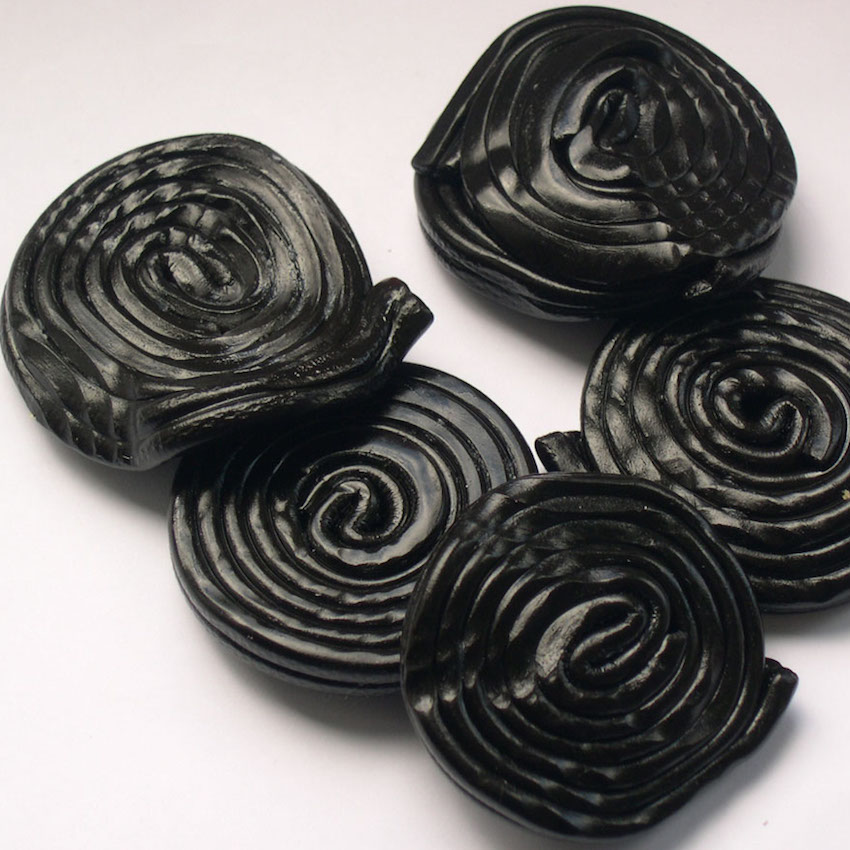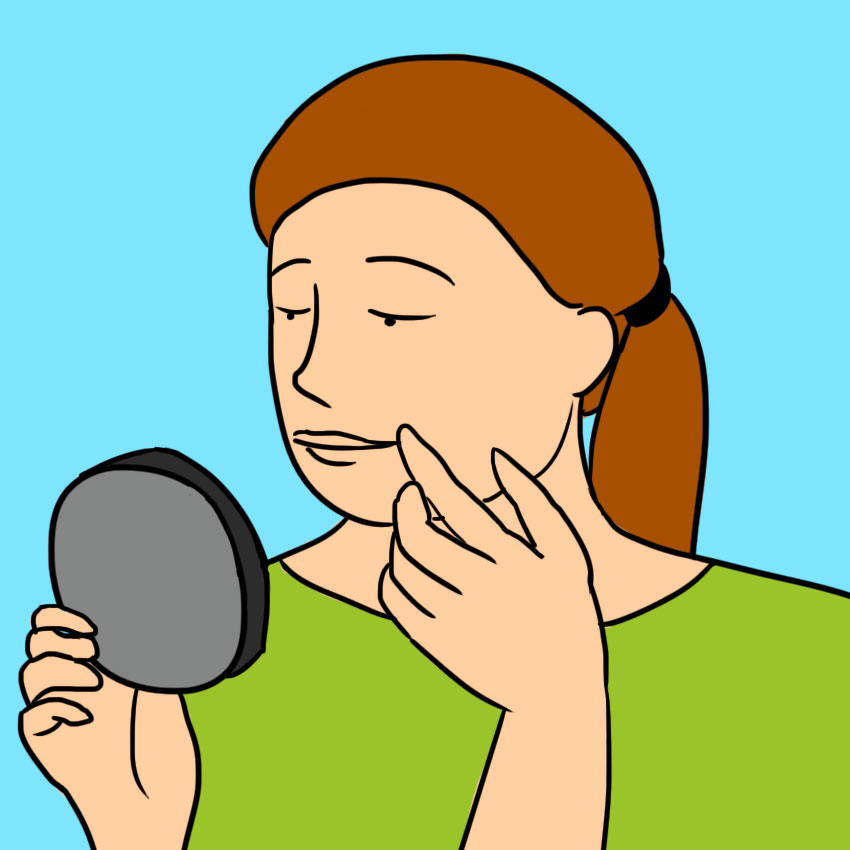How do you feel about black licorice?
It's one of those foods that inspires lots of strong opinions. Some people love it — I proudly count myself a fan — while others absolutely can't stand it.
One thing remains true, though: almost nobody takes a neutral stance on black licorice!
But now, even folks who aren't fond of the licorice might find some reasons to love its zippy flavor.
While too much of the good stuff isn't necessarily beneficial to your health, it turns out that eating a few pieces a day might have a dramatically positive effect on your well-being.
That's because licorice, which is derived from a kind of tree root, is packed with vitamins and nutrients that make your whole body healthier.
Of course, always keep in mind that it's better to take Deglycyrrhizinated licorice, or DGL, as a supplement than it is to eat whole licorice (which can be toxic and cause high blood pressure) or licorice candy (which is usually not flavored with real licorice anyway.)
Scroll through below to learn why licorice could be the key to better health!
Thumbnail Photo Credit: Flickr / Dawn Huczek
Benefit #1: It Helps Boost Your Immune System

Licorice flavoring is derived from the root of the licorice plant, which is a pretty flowering perennial native to Europe and Asia.
Here in the USA, it's most familiar as a flavoring for candy, but most candy actually contains no licorice.
Fortunately, you can still get its many health benefits by taking it as a supplement!
For example, consuming licorice has been linked to higher natural levels of interferon, which is key to helping the body's immune defenses fight off disease.
Benefit #2: Protects You Skin And Teeth

Licorice root, according to Colgate, can also have a powerful impact on your teeth.
That's because it contains lots of natural anti-bacterial and anti-fungal properties that are great for killing off bad bacteria in your mouth and on your skin.
Using licorice on your skin and teeth might lead to a healthier smile and clearer skin.
Benefit #3: It Helps Your Respiratory System

Though we see it most often in candy, licorice is commonly used to flavor tobacco.
That's because it prompts the body to make bronchodilators, which open up the lungs and let smokers inhale more efficiently.
It should go without saying that smoking is bad for your respiratory health.
Fortunately, licorice on its own can still open up the lungs — but for inhaling clean air, not smoke.
Benefit #4: It Helps Your Heartburn

Licorice supplements are a popular home remedy for acid reflux and heartburn, and with good reason!
Licorice seems to help encourage your stomach lining and esophagus to develop more mucous, which helps to ease the effects of reflex.
Keep in mind that most doctors recommend Deglycyrrhizinated licorice, DGL, because too much whole licorice can actually be toxic.
Benefit #5: It Helps With Adrenal Fatigue

Americans today are more stressed than ever before, and all of that anxiety can be tough on our bodies.
Stress creates a chemical called cortisol, which is regulated by our adrenal glands.
Eventually, processing all that cortisol can get the adrenal system down, but fortunately, licorice may be able to help you regulate your cortisol levels more effectively.
Benefit #6: It Helps You Recover After Surgery

If you're coming out of surgery, you may want to consider using licorice to boost your recovery time.
This is especially true if you've recently had oral surgery, like a wisdom tooth removal or a similar procedure.
Gargling with a licorice extract can help kill off bad mouth bacteria that might get into your healing wounds and cause infection.
Benefit #7: It Helps Treats Canker Sores

Licorice has a long history of helping out with canker sores.
These painful sore spots most often develop on the insides of the lips, the insides of the cheeks, the tongue, and the throat.
It can be tough to avoid aggravating them, but licorice may help by killing off bacteria and mildly numbing the sores.
Benefit #8: It Helps With Stomach Ulcers

In fact, licorice can be employed to heal ulcers of all kinds!
A stomach ulcer is like the bigger, meaner cousin of a canker sore: They cause intense digestive pain and can even lead to serious damage, if left untreated.
Licorice can help anesthetize the mucous membranes in your stomach, and encourage more mucous production to protect them from further damage.
Benefit #9: It Soothes Sore Throats

Licorice tends to be a key ingredient in a lot of cough syrups and throat lozenges because it's healing properties do wonders for a sore and scratchy throat.
The mucous-promoting compounds in the root go a long way to protecting a throat that may be painful from coughing and wheezing.
If you've ever had a “throat-coat” tea during a bad cold, it probably contained licorice to soothe your system.
Benefit #10: Helps With Gastritis

Gastritis is the medical term for any condition that inflames the lining of the stomach, and it's just as unpleasant as it sounds.
It causes a lot of pain in the belly, in addition to nausea and vomiting, and can be a side effect of lots of other conditions, including infection and injury.
Licorice can help by soothing the stomach lining and reducing the swelling that contributes to the inflammation.
If you or someone you know is considering using licorice as a supplement, make sure to check with your doctor first! And if you were interested to learn more about the benefits of licorice, be sure to SHARE with friends and family!




